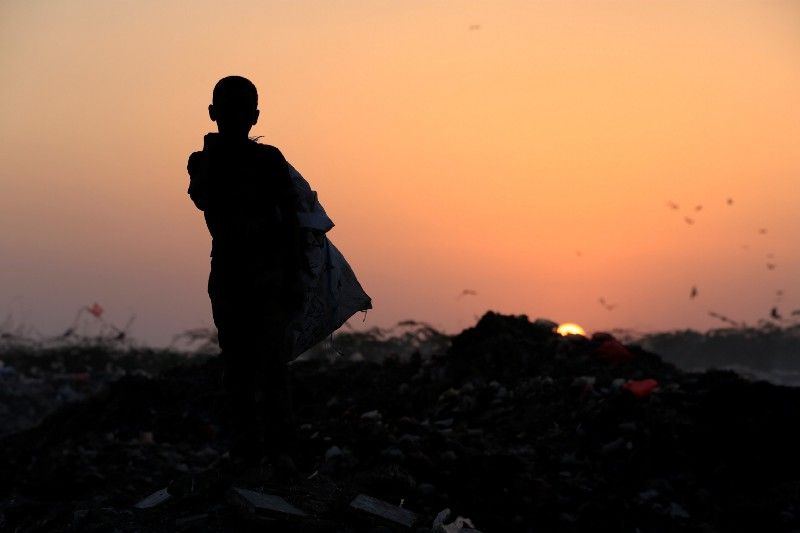July 04, 2018
In politics we tend to think of independence in the context of freedom from the control of others. But the ability of people to live happy, productive lives is its own form of independence. America’s founders called it “the pursuit of happiness”; US President Franklin D. Roosevelt spoke of “freedom from want,” and it’s one of the under-reported “good” news stories of our time.
Worldwide, the number of people living on less than $1.90 per day — the World Bank’s threshold for the poorest of the poor — has fallen by more than half since 1990. That’s largely due to millions of people escaping extreme poverty in China and, more recently, in India, where a combination of strong economic growth and more targeted programs, such as rural electrification, more efficient benefits payments, and a push to give millions access to basic financial services is lifting an average of 44 people out of the ranks of the world’s poorest every minute.
It’s not all good news, though. As we pointed out last week, a recent analysisby Brookings showed that globally, the world’s worst-off are increasingly concentrated in sub-Saharan Africa. Nigeria recently overtook India as home of the most people living in dire poverty, and the Democratic Republic of Congo is on track to take the No 2 spot soon.
Here are some of the factors that will shape the evolution of global poverty:
Fewer easy gains: China and India’s massive populations are served by governments that, even if they are inefficient or occasionally corrupt, are still able to deliver basic security and increase access to economic opportunities for their people. No leader in Nigeria’s modern history has managed to tackle the country’s rampant public graft, and the DRC is effectively a failed state. Extreme poverty may be falling overall, but the countries where it is the biggest problem today are also more politically dysfunctional.
Climate change: India may be a budding success story, but with 600 million people in the country already facing the prospect of acute water shortages, and the UN forecasting 200 million climate refugees around the world by 2050, it would be a mistake to take recent progress for granted.
Technology-related disruption: The steady replacement of manual labor by machines has arguably done more to create wealth and free people from a life of poverty and drudgery than any other phenomenon. But will that trend still hold in an age of artificial intelligence? Countries in sub-Saharan Africa that have been waiting for their turn to enjoy the spoils of manufacturing-driven growth could miss out if robots end up taking more jobs than they create.
None of this takes away from the huge strides made against extreme poverty in recent decades, but it does suggest that further gains will be harder to come by. Despite recent progress, an estimated 640 million-plus people around the world who subsist on less than $1.90 a day have yet to achieve the most basic form of independence. Something for us all to consider as we tuck into our Independence Day barbecues.
More For You
- YouTube
On Ian Explains, Ian Bremmer takes a look at the growing surge in global conflict and the ripple effects of so much violence, war, and armed struggle throughout the world.
Most Popular
Think you know what's going on around the world? Here's your chance to prove it.
French President Emmanuel Macron, German Chancellor Friedrich Merz, Ukrainian President Volodymyr Zelenskiy, U.S. Special Envoy Steve Witkoff and businessman Jared Kushner, along with NATO Secretary-General Mark Rutte and otherEuropean leaders, pose for a group photo at the Chancellery in Berlin, Germany, December 15, 2025.
Kay Nietfeld/Pool via REUTERS
The European Union just pulled off something that, a year ago, seemed politically impossible: it froze $247 billion in Russian central bank assets indefinitely, stripping the Kremlin of one of its most reliable pressure points.
Big global stories. Real conversations with world leaders. Our award-winning global affairs show, GZERO World with Ian Bremmer, goes beyond the headlines on the stories that matter most. Here’s a look back at the 10 most quotable moments from this year’s episodes.
© 2025 GZERO Media. All Rights Reserved | A Eurasia Group media company.
